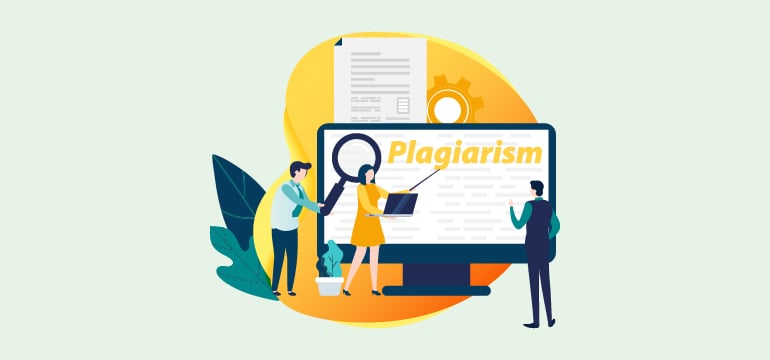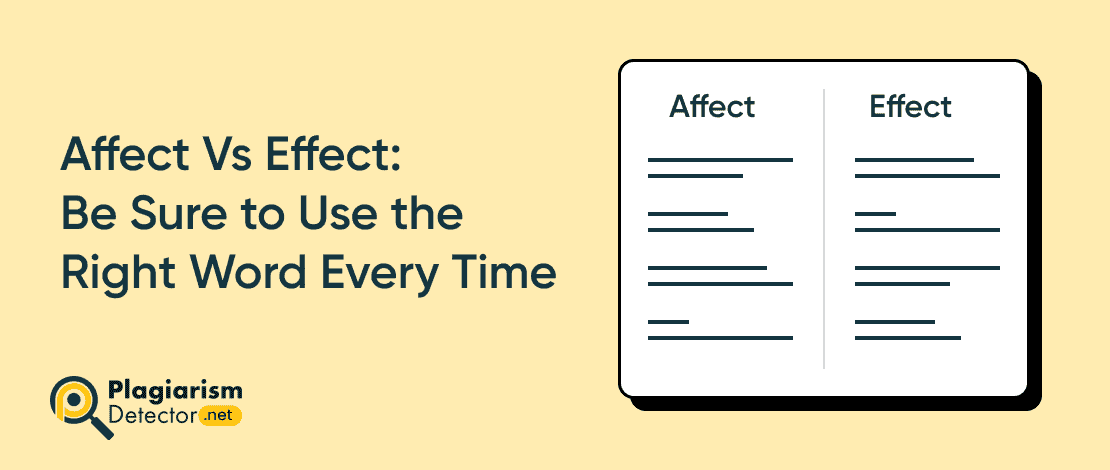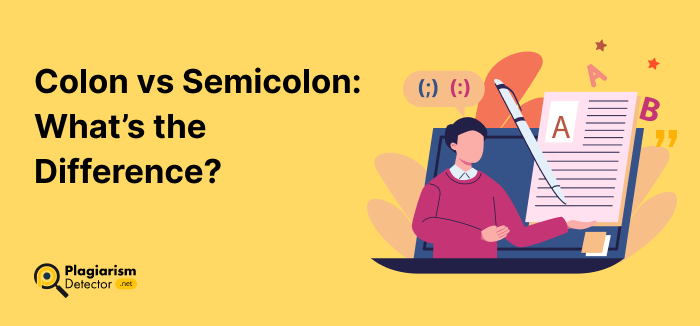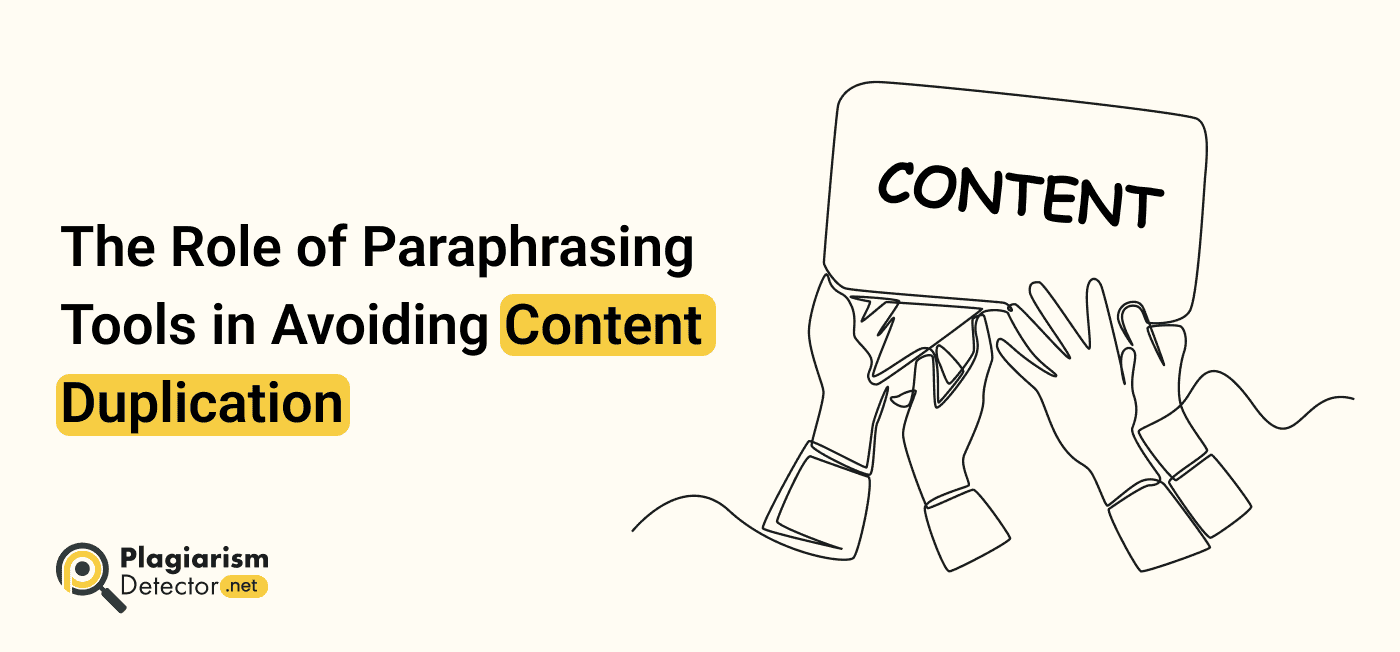Cases from Common Academic Misconduct Scenarios faced by Students
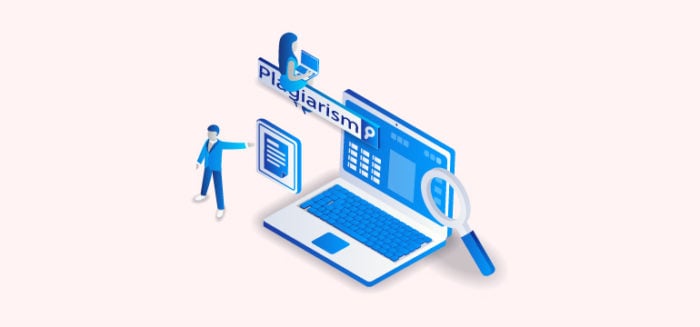
Most Cases from Common Academic Misconduct Scenarios faced by Students. A few study findings:
What Happens If Students Do Group Assignments to Share Answers and Ideas?
Case Study
A teacher decided to use online platforms to manage students’ work. He created WhatsApp and Facebook groups for his students, and he advised all students to share their assignments in the groups. The primary purpose of making these groups was to provide ease to the students and smooth sharing of the data.
The instructor thought that all the assignments would be collected on a single platform. Also, he would be able to share any further details regarding the group assignments (if required) with the students. The scores or suggestions about these submitted assignments were also shared in the same group.
Results
A massive irregularity and an act of copying others’ ideas and text were reported. It was also observed that students asked other students for solutions to the problems. They were also found discussing the methodologies used to complete the assigned task with other group members.
Moreover, sharing the information was seen in the group. Based on the mentioned inappropriate acts, the instructor awarded zero marks to students who copied other students’ information. Students who were found sharing data in the group were given a 50% penalty.
Suggestion
If a student asks you for some assistance with the answers to the assessment, then you should avoid it. Otherwise, you may get into trouble and face a severe penalty. It is also important not to share any information regarding the assignment or your work in the group. Checking your work with an online plagiarism checker will help you ensure the uniqueness of the information. Lastly, if you find any irregular and unethical activity in the group, contact your instructor immediately.
What Happens If Students Copy Material from Lecture Slides, Notes, Readings, And Other Sources?
Case Study
A college student who was working on his final thesis decided to take help from online lectures to get some ideas and relevant information. He copied some phrases, paragraphs, and statistical data from various media and used them in his work without adequate citation. The student also presented himself as the creator of all the information stated in the content. However, no reference or acknowledgement was included about the author or source of information.
Result
The student’s supervisor used an online plagiarism checker. Content duplication was found in his thesis. The instructor had a word with the students and forwarded the case to the college’s academic misconduct committee. The student failed to give any gratifying answers. The committee decided to give the student an F grade in that subject for committing plagiarism.
Suggestions
A student must be aware of the importance of appropriate citation methods. A student needs to give proper credit to the author of the content. Adding quotation marks around the sentence you have copied will give a clear idea that the text is not your own creation and is taken from some other source.
In the thesis, a student is expected to use their own words, ideas, research, and answers. Restating others’ ideas or paraphrasing a text can also lead you to face penalties for plagiarism. Therefore, it is advised to write all the information yourself to avoid any unpleasant situation.
What Happens If Students Sell or Purchase Assignments On “Tutoring” Websites?
Case Study
Shaw wrote an assignment on the “principles of digital marketing” and sold it to a famous tutoring website. Another student approached him to share his assignment, as he was having trouble writing it himself due to his limited knowledge of the topic. He asked the student to purchase it from the tutoring website. Later, this student purchased the assignment from the online Tutoring website and submitted it to his supervisor as his own creation for the final assessment.
Result
The instructor learned of this unethical and illegal act. He discussed the matter with his colleagues and decided to bring this matter before the college’s academic misconduct committee. The committee called the student and listened to their views on this matter. The students were found guilty. The student who sold his assignment to a tutoring website was expelled from college. The other student who purchased the assignment received an F grade in that subject.
Suggestion
The internet has tons of websites that offer plagiarism-free and unique paid assignments to students. However, students need to know that breaches of academic integrity can be easily detected. Later, students may face severe consequences that can stick to their academic careers like a dark spot for the rest of their lives.
Plagiarism is always unacceptable. No matter how secure or reliable a tutoring website seems to you, the advent of highly advanced plagiarism checkers makes it easy to detect duplication in their text. Furthermore, it has also been seen that these websites later blackmailed the students who purchased assignments through the threat of revealing their activities to the college administration.
Students are advised not to rely on any such website and to prepare their assignments themselves. Working on your assignments will improve students’ understanding of the topic and help them avoid penalties for plagiarism.
